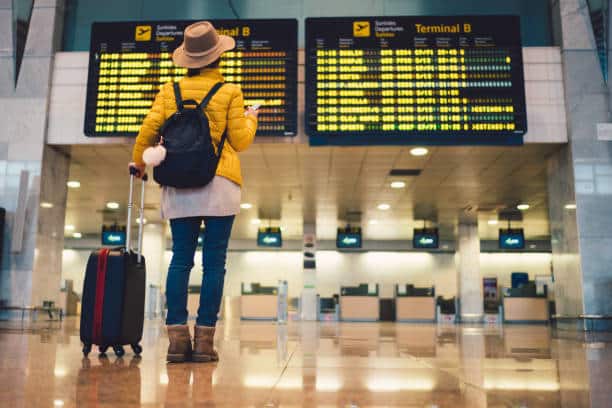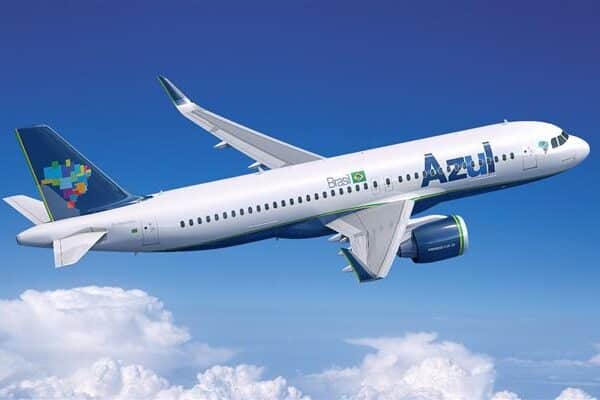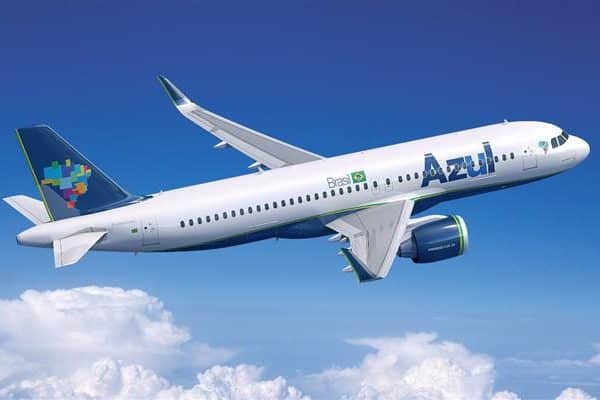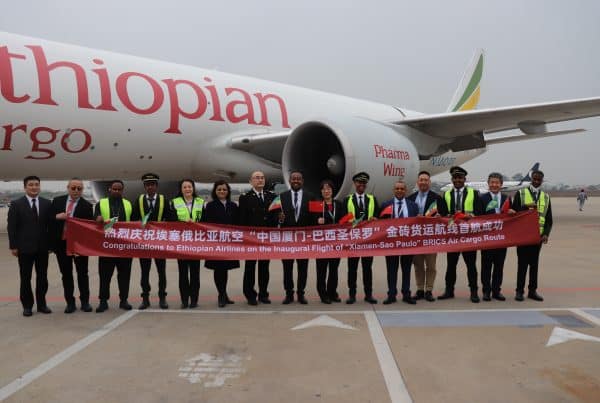A bill currently being debated in Brazil’s Federal Senate could amend the Aeronautical Code (Law 7.565, 1986) to allow an airline ticket purchaser to transfer ownership of the ticket up to 72 hours before the date of travel. Senator Macias de Jesus (Republicans-RR) introduced it under the file PL 2.175/2022.
The proposal also requires that the personal information registered in the company’s system at the time of ticket purchase be modified to include the passenger’s data, as reported by our Brazilian partner media, Aeroin.
The senator emphasizes in the text “the need to create legislation that contemplates the specific cancellation policies of each airline because most cases result in a prejudice to the passenger, who loses the money spent on the purchase of the ticket” Such policies are based on the National Civil Aviation Agency’s (ANAC) Resolution 138/2010, which prohibits the transfer of an airline ticket because it is considered personal and non-transferable.
The bill would require a mechanism for transferring or selling transferable tickets on any third-party platform. To prevent days from being divided among many people, multi-day tickets or passes, such as annual passes to Walt Disney World and season tickets to sports teams, would be exempt from the law.
According to Macias, the ANAC resolution is an administrative act, an infra-legal norm that cannot supersede the Consumer Protection Code (Law 8.078, 1990). According to the senator, you can resolve the security reasons cited by ANAC and the airlines for prohibiting passengers from changing their names at the airport during check-in and boarding.
I believe that the proposal to change the ticket change rule will be implemented by airlines without compromising flight security standards. In reality, only airlines win today, undermining the necessary balance in the relationship with the consumer to avoid abuses.
This type of regulation is frequently strongly opposed by the industry because it opens the door to the creation of a parallel market for ticket resale, affecting the economics of airlines, which have very dynamic fare policies that depend on multiple factors when applying a specific price to each ticket, one of which is the time of purchase.
Chile passed a similar rule in November last year, allowing passengers to endorse tickets but with some restrictions, such as a passenger can only do so up to two times per year per company and up to 24 hours before the flight’s departure. On the other hand, free refunds can be made up to 48 hours after the purchase of the ticket and only for trips scheduled within the next seven days. Peru has comparable legislation.




